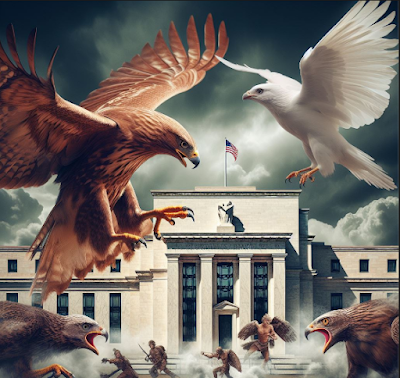David Gordon continues his analysis of Graham Priest’s book, Capitalism: Its Nature and Its Replacement. While Priest might not understand either Marxism or capitalism, his book has useful insights.
Original Article: "Marxist States Never "Wither Away" as Marx Predicted"
Tags: Featured,newsletter
















